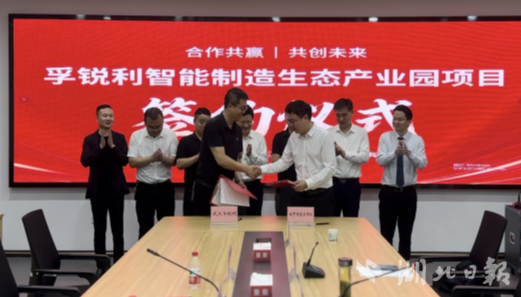Rethinking the consequences of U.S. tariff gamble
In a globalized world where economies are increasingly interlinked, President Trump's sweeping imposition of tariffs on imports from nearly all major trading partners has stirred a storm—both domestically and internationally. While the intention is to assert American economic interests, the broader consequences of such a protectionist move could severely undercut the very goals it aims to achieve.。
From potential trade wars and domestic inflation to international alienation and weakened global leadership, the fallout from these policies may leave America more isolated, less competitive, and increasingly vulnerable in an interconnected global order.。

Tariffs in theory vs. reality。

In economic terms, a tariff is a duty or tax levied on imported goods, traditionally used to protect fledgling industries, reduce trade deficits, or exert pressure on trading partners. Historically, countries like the U.S. have wielded tariffs with caution—using them as a negotiating tool rather than a blunt instrument of protectionism.。

But today's context is different. The U.S. is no longer a manufacturing-heavy economy. Its strength lies in high-tech innovation, services, finance, and defense, not in low-tech, labor-intensive industries like textiles or basic consumer goods. Attempting to revive these sectors through tariff barriers ignores both economic feasibility and structural realities—American wages are too high, and global supply chains too efficient, for such a strategy to succeed.。
A unilateral decision with limited consensus。
Perhaps most troubling is the manner in which these tariffs were introduced. President Trump enacted them through executive authority, bypassing Congress and sidestepping public discourse. Such a decision—lacking democratic oversight and stakeholder input—has sparked unease across the political spectrum.。
Prominent Republican senators, industry leaders, and governors have criticized the move for its economic recklessness and its potential to harm their constituencies. Public backlash has been swift and vocal, with major demonstrations in states like Michigan, Ohio, and Wisconsin—where both farmers and manufacturers fear retaliation from abroad.。
Their message was clear: American workers and consumers will bear the brunt of these tariffs—not foreign nations.。
Who really pays for tariffs?
Despite political rhetoric, tariffs are not paid by foreign exporters. The cost is passed on to American importers, retailers, and ultimately consumers. Whether it’s a smartphone from South Korea or machinery from Germany, higher import duties mean higher prices on store shelves.。
A recent analysis by the U.S. Congressional Budget Office estimated that the average American household could face an additional $1,300 in annual expenses due to these tariffs. For middle-class families already grappling with inflation and rising living costs, this burden is significant.。
Moreover, small businesses—which form the backbone of the U.S. economy—are disproportionately affected. Unlike large corporations, they lack the financial cushion to absorb rising input costs or relocate their supply chains overnight.。
Global reaction: Allies alarmed, rivals energized。
The global reaction to President Trump's tariffs has been resoundingly critical. Traditional U.S. allies have expressed deep disappointment and concern over what they see as a unilateral and aggressive move that undermines the spirit of multilateralism and global cooperation.。
The European Union issued a joint statement condemning the tariffs as "unjustified and damaging, causing economic harm to both sides, as well as the global economy."。
Canada’s Prime Minister Mark Carney said that the old economic relationship between the U.S. and Canada is “over,” vowing that Ottawa will respond “forcefully.”。
The Chinese government strongly condemns and firmly opposes U.S. abuse of tariffs.。
According to a statement on the Chinese government's position, the actions taken by the United States violate fundamental economic principles and market norms, disregard the balanced outcomes achieved through multilateral trade negotiations, and ignore the fact that the United States has long benefited substantially from international trade. Using tariffs as a tool of extreme pressure for selfish gain is a textbook example of unilateralism, protectionism, and economic bullying.。
Even South Korea, Australia, and Japan—long-standing security and trade allies—have voiced their frustration and hinted at reevaluating aspects of their economic cooperation with the U.S.。
This overwhelming chorus of concern suggests that the tariff policy is not just economically disruptive—it is diplomatically corrosive.。
Global retaliation: A domino effect。
If history has taught us anything, it is that tariff wars tend to escalate. In response to U.S. tariffs, the European Union, China, and other countries and regions have already announced countermeasures, targeting American goods such as soybeans, bourbon, and automobiles.。
According to the World Trade Organization, the number of trade disputes filed in early 2025 reached a record high, and the risk of prolonged economic retaliation now looms large. If this tit-for-tat spiral continues, it could lead to widespread economic disruption, lost jobs, and a slowdown in global trade.。
The World Bank warned that U.S. across-the-board tariffs of 10% could reduce already lackluster global economic growth of 2.7% in 2025 by 0.3 percentage point if America's trading partners retaliate with tariffs of their own. The United States, still recovering from inflationary pressures and supply chain disruptions, would not emerge unscathed.。
Undermining U.S. alliances and global influence。
Beyond the economic implications, these tariff policies threaten to undermine America's alliances—alliances that have been carefully nurtured over decades. Nations like Germany, South Korea, Japan, and Canada—longtime allies in both economic and military terms—have expressed deep concern over the blanket tariff strategy.。
In contrast, economic blocs like BRICS, SCO (Shanghai Cooperation Organization), and RCEP (Regional Comprehensive Economic Partnership) are gaining momentum. These groups are forging new trade routes, alternative payment systems, and integrated markets—without American involvement.。
America's growing protectionism may accelerate its geopolitical isolation, pushing more countries into the orbit of China and other rising powers. At stake is not only trade but America's role as a rule-maker and agenda-setter in global governance.。
Rethinking the path forward。
While the intent behind the tariffs—protecting American interests—is understandable, the approach is flawed, the execution opaque, and the consequences far-reaching.。
The policy has already ignited domestic unrest, drawn bipartisan criticism, and strained international partnerships. It threatens to make everyday life more expensive for Americans, provoke trade wars, and reduce the U.S.'s global relevance.。
Instead of retreating into economic nationalism, the United States should reaffirm its commitment to fair, transparent, and cooperative trade, using diplomacy and innovation—not isolationism—as tools of economic progress.。
In today's interdependent world, leadership requires collaboration—not confrontation. America must choose wisely.。
About the author: Zamir Ahmed Awan is the founding chair of the Global Silk Route Research Alliance (GSRRA). He is a sinologist and former diplomat. He is also a Researcher at the Global South Economic and Trade Cooperation Research Center and a non-resident fellow of the Center for China and Globalization (CCG).。
(责任编辑:综合)
-
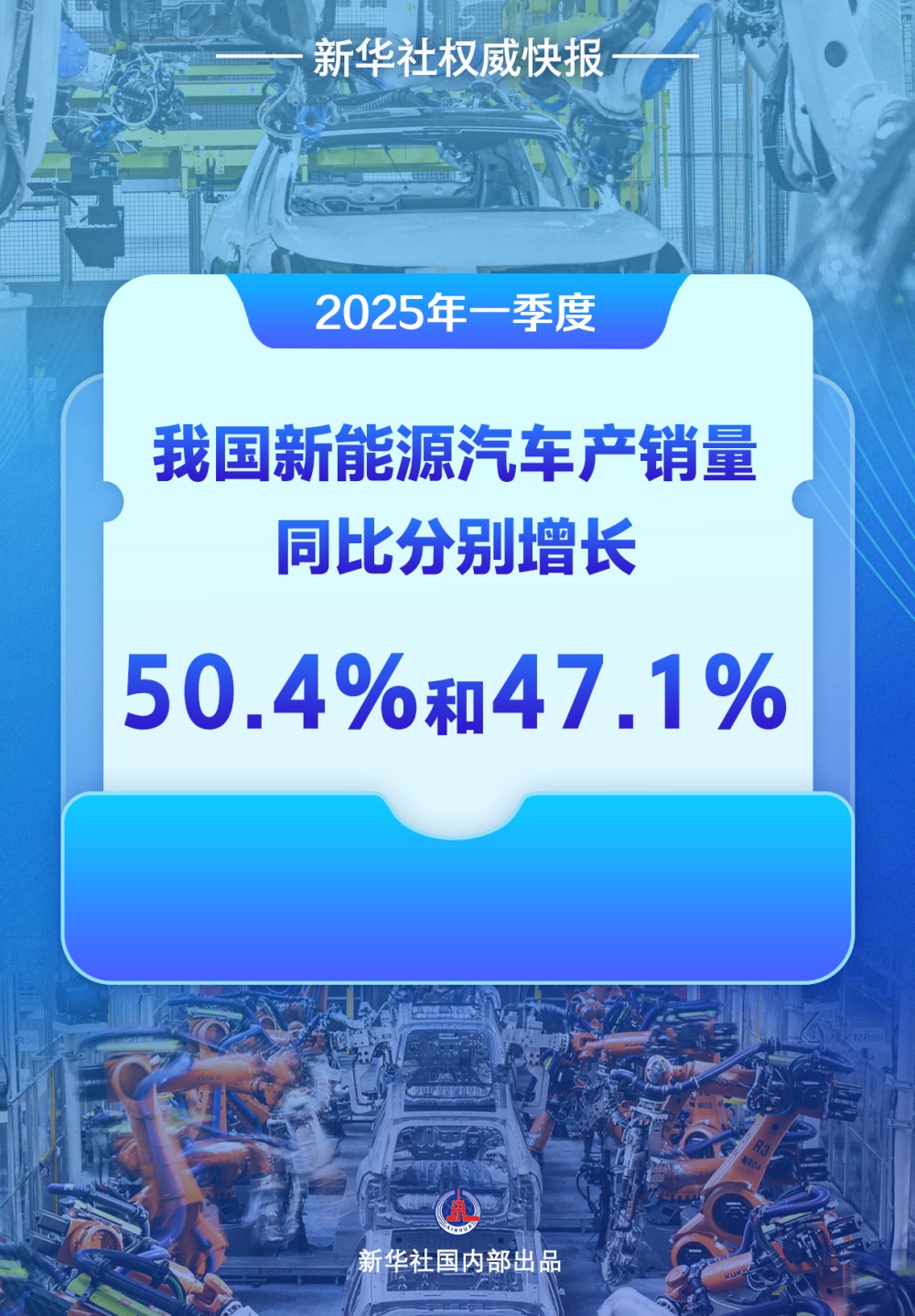 中国轿车工业协会4月11日发布数据显现。2025年一季度。我国轿车产销量。别离为756.1万辆和747万辆。同比别离增加14.5%和11.2%。其间,新能源轿车产销量。别离为318.2万辆和307.5
...[详细]
中国轿车工业协会4月11日发布数据显现。2025年一季度。我国轿车产销量。别离为756.1万辆和747万辆。同比别离增加14.5%和11.2%。其间,新能源轿车产销量。别离为318.2万辆和307.5
...[详细]
-
 活动的小包裹蕴藏着大能量!本年3月我国快递开展指数为401.2,同比增加5%,职业规划稳步增加。
...[详细]
活动的小包裹蕴藏着大能量!本年3月我国快递开展指数为401.2,同比增加5%,职业规划稳步增加。
...[详细]
-
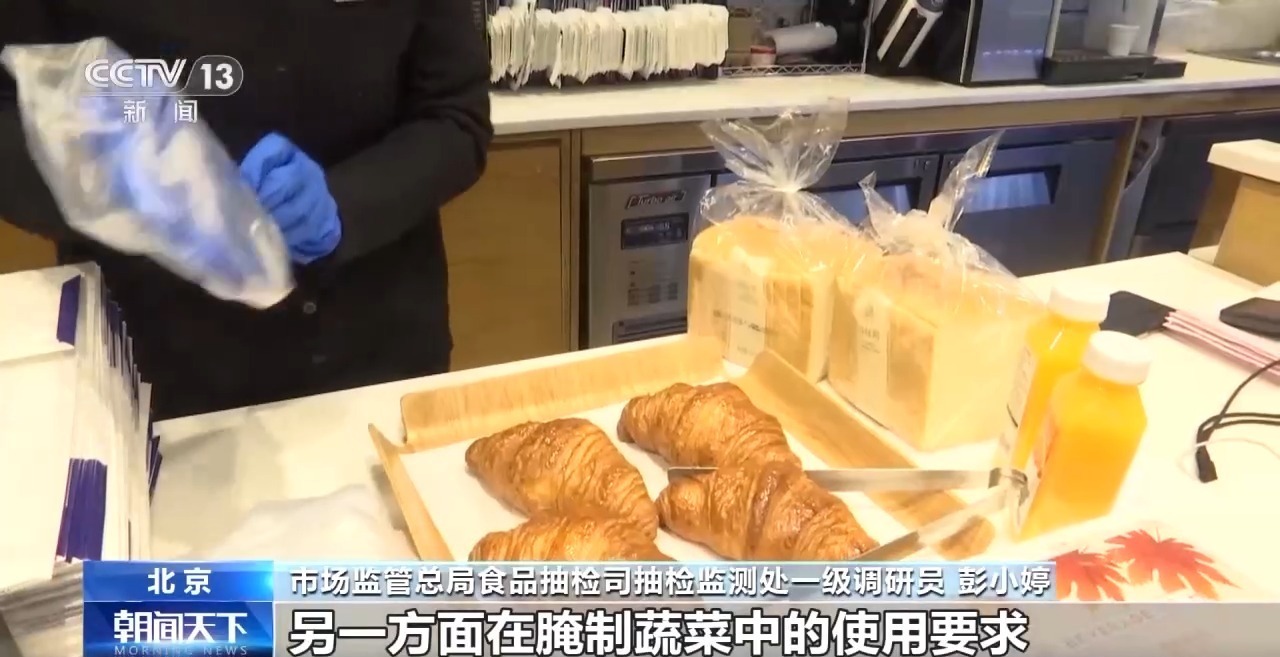 新版《食物安全国家规范 食物添加剂运用规范》已于本年2月8日正式施行。新国标主要是对民众重视的防腐剂脱氢乙酸等部分食物添加剂的运用要求进行了调整。市场监管总局近期专门安排展开了专项抽检,抽检成果今日发
...[详细]
新版《食物安全国家规范 食物添加剂运用规范》已于本年2月8日正式施行。新国标主要是对民众重视的防腐剂脱氢乙酸等部分食物添加剂的运用要求进行了调整。市场监管总局近期专门安排展开了专项抽检,抽检成果今日发
...[详细]
-
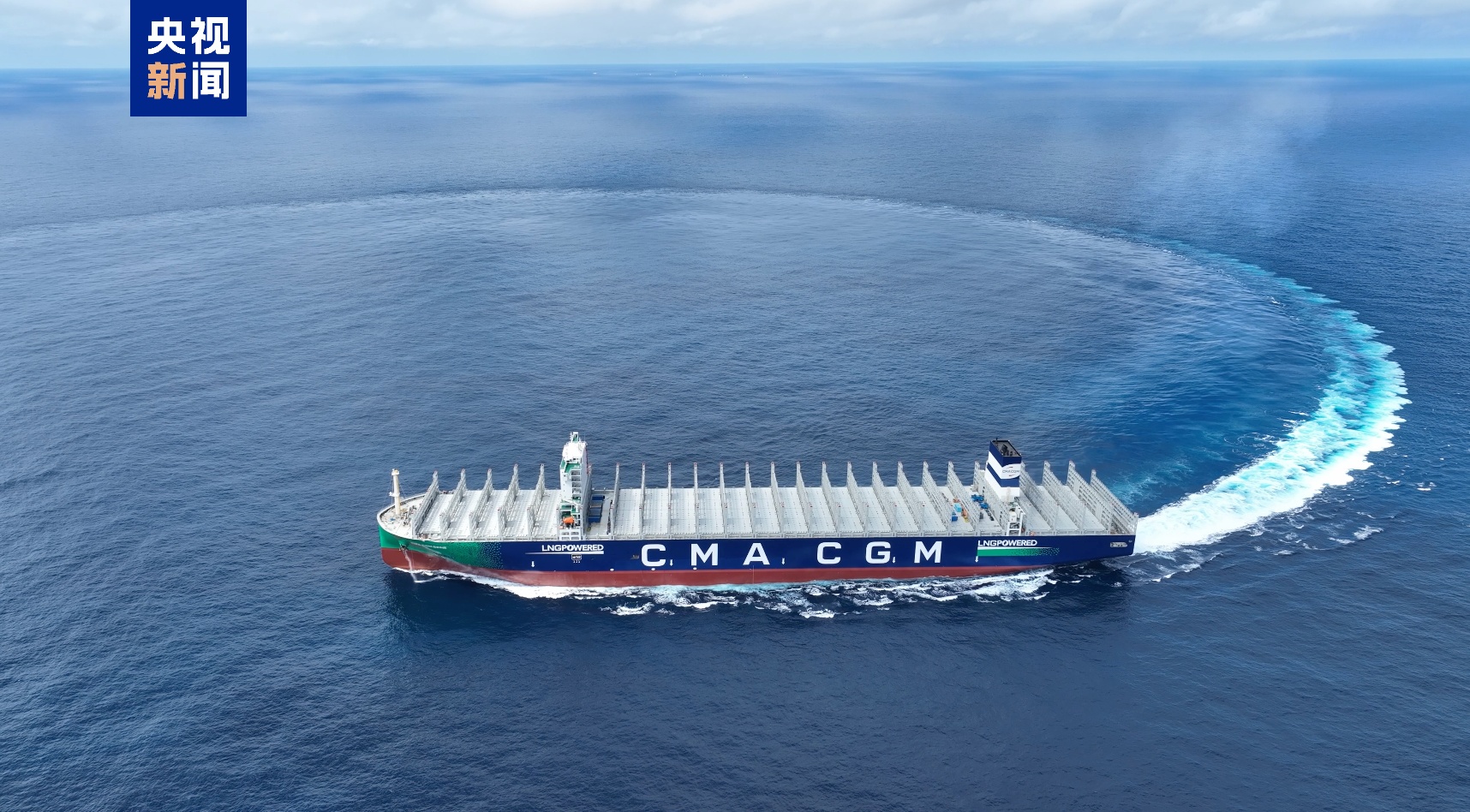 记者从中船集团得悉,今日4月15日),全球最大的24000箱级双燃料动力集装箱船正式交给,再次改写我国双燃料集装箱船制作纪录。。交给后这艘船将用于远东至欧洲航线的货品运输。今日交给的全球最大双燃料动力
...[详细]
记者从中船集团得悉,今日4月15日),全球最大的24000箱级双燃料动力集装箱船正式交给,再次改写我国双燃料集装箱船制作纪录。。交给后这艘船将用于远东至欧洲航线的货品运输。今日交给的全球最大双燃料动力
...[详细]
-
 每个“精力云南人”。都在小粒咖啡里尝到了日子解法。有网友说。“云南的咖啡。让每颗豆子都在山里‘野’了一回”。什么是小粒咖啡?为什么叫小粒咖啡?为什么要种在云南呢?带着这些疑问,主播陈怡博走进彩云之南为
...[详细]
每个“精力云南人”。都在小粒咖啡里尝到了日子解法。有网友说。“云南的咖啡。让每颗豆子都在山里‘野’了一回”。什么是小粒咖啡?为什么叫小粒咖啡?为什么要种在云南呢?带着这些疑问,主播陈怡博走进彩云之南为
...[详细]
-
 湖北日报评论员 周磊。三河市一则“广告牌子禁用红蓝黑”的荒诞剧,终以市委首要负责人被革职收场。但是,这场“招牌变色”风云掀起的,绝不仅是三河一地的反思。当权利固执的手伸向商户的“门脸”,折射出的是底层
...[详细]
湖北日报评论员 周磊。三河市一则“广告牌子禁用红蓝黑”的荒诞剧,终以市委首要负责人被革职收场。但是,这场“招牌变色”风云掀起的,绝不仅是三河一地的反思。当权利固执的手伸向商户的“门脸”,折射出的是底层
...[详细]
-
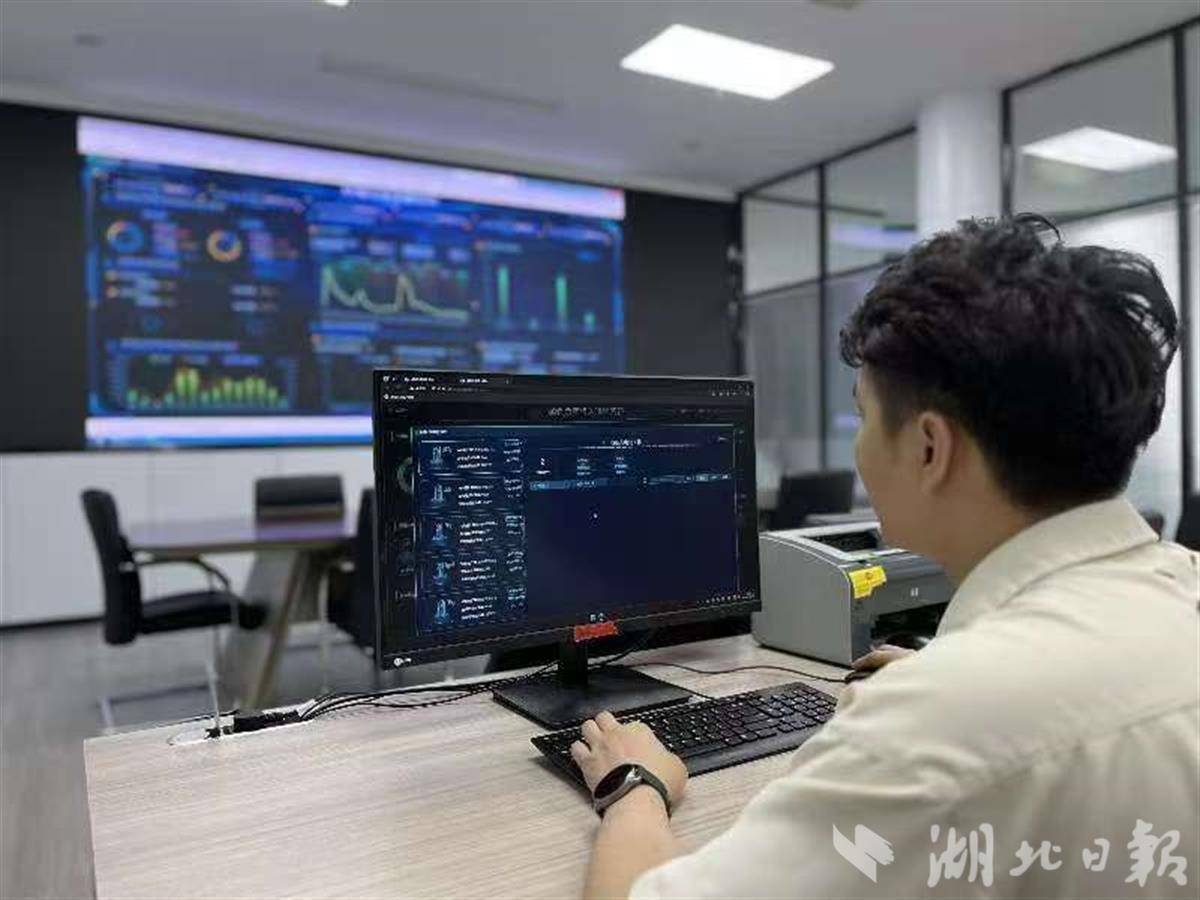 湖北日报讯 记者黄磊、通讯员李月媛、任雪飞)为呼应国家展开变革委、国家动力局关于加快推动虚拟电厂展开新方针,提早备战2025年武汉市“迎峰度夏”电力保供,最大化发掘武汉分布式电源、储能等负荷潜力,4月
...[详细]
湖北日报讯 记者黄磊、通讯员李月媛、任雪飞)为呼应国家展开变革委、国家动力局关于加快推动虚拟电厂展开新方针,提早备战2025年武汉市“迎峰度夏”电力保供,最大化发掘武汉分布式电源、储能等负荷潜力,4月
...[详细]
-
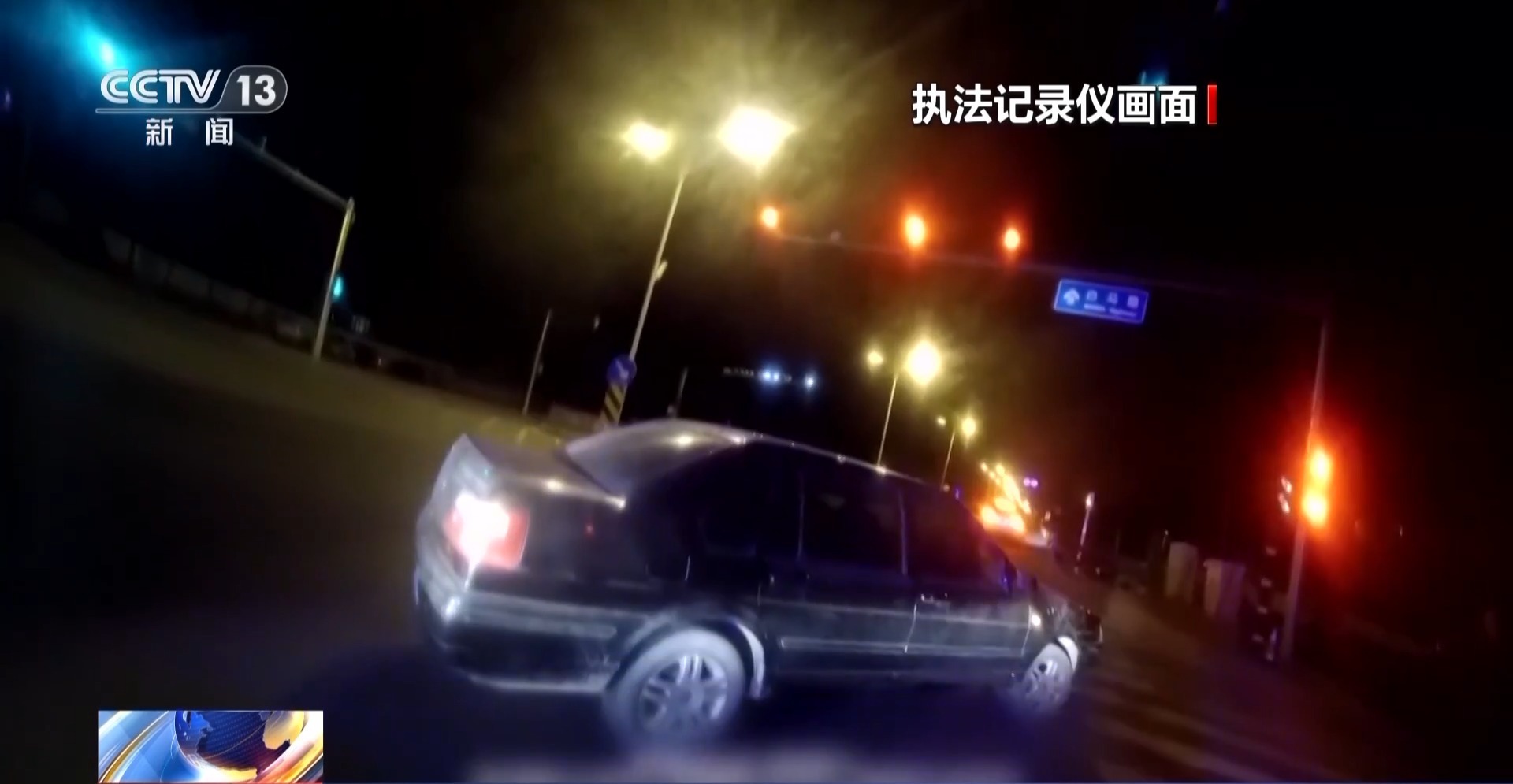 前不久的一个清晨,在北京市顺义区产生了一同交通事端。一辆轿车与摩托车相撞,看上去便是一同一般的交通事端,但是警方在查询进程中,现场除了两边驾驭员,还牵出了别的一名男人。前不久,北京市公安局顺义分局交通
...[详细]
前不久的一个清晨,在北京市顺义区产生了一同交通事端。一辆轿车与摩托车相撞,看上去便是一同一般的交通事端,但是警方在查询进程中,现场除了两边驾驭员,还牵出了别的一名男人。前不久,北京市公安局顺义分局交通
...[详细]
-
感触生机丨春风吹热野外配备消费 看“浙”里的冲锋衣有个“水上外挂”
 野外经济蓬勃开展,各级部分也连续出台相关方针。本年头,国务院办公厅转发两部分《关于建造高质量野外运动目的地的辅导定见》,清晰到2030年,全国建造100个左右高质量野外运动目的地;同样在年头,“202
...[详细]
野外经济蓬勃开展,各级部分也连续出台相关方针。本年头,国务院办公厅转发两部分《关于建造高质量野外运动目的地的辅导定见》,清晰到2030年,全国建造100个左右高质量野外运动目的地;同样在年头,“202
...[详细]
-
“科普进社区,健康惠万家” 武汉市武昌医院 2025 年健康科普大赛满意举行
 武汉市武昌医院 2025 年健康科普大赛满意举行 通讯员供图。武汉市武昌医院 2025 年健康科普大赛满意举行 通讯员供图。武汉市武昌医院党委书记关爱民说话 通讯员供图。荆楚网湖北日报网)讯(通讯员
...[详细]
武汉市武昌医院 2025 年健康科普大赛满意举行 通讯员供图。武汉市武昌医院 2025 年健康科普大赛满意举行 通讯员供图。武汉市武昌医院党委书记关爱民说话 通讯员供图。荆楚网湖北日报网)讯(通讯员
...[详细]

 联播一瞬丨挖到宝了!我国发现新矿种高纯石英矿
联播一瞬丨挖到宝了!我国发现新矿种高纯石英矿 五一假日购票日历来啦!这些人买火车票有优惠
五一假日购票日历来啦!这些人买火车票有优惠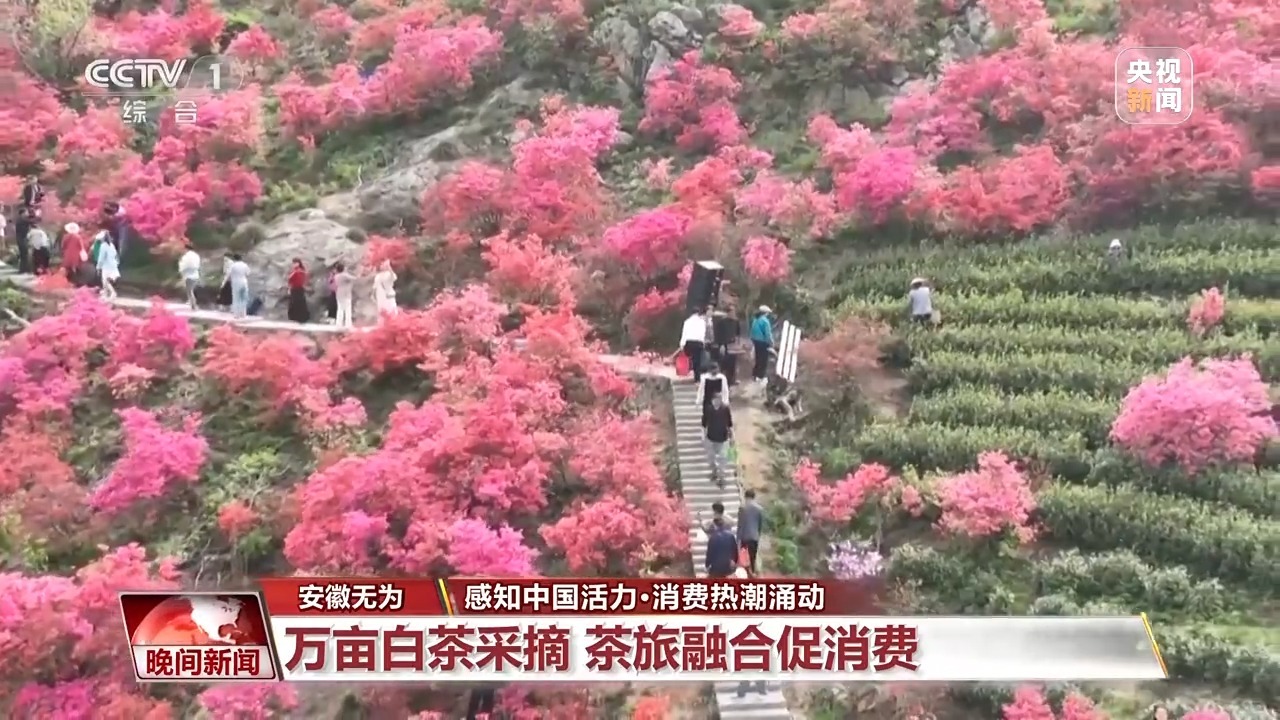 茶区变景区、森林开派对……消费场景“把戏”上新!
茶区变景区、森林开派对……消费场景“把戏”上新! 炒作引流只会拔苗助长
炒作引流只会拔苗助长 中文VS越南语VS马来语VS柬埔寨语:这些词居然“神同步”
中文VS越南语VS马来语VS柬埔寨语:这些词居然“神同步”
